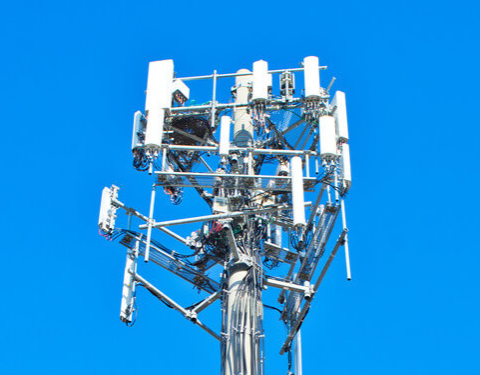© Copyright 1976-2017 Shenzhen Vodno Technology Co., Ltd All rights reserved. Powered by iwonder.cn
As the main growth point of electrochemical energy storage, lithium batteries account for 75% of the scale of chemical energy storage. In the long run, the energy storage field will be one of the important application markets for lithium batteries.
Lithium-ion battery refers to a battery made of lithium-containing compounds, which mainly rely on the movement of lithium ions between the positive electrode and the negative electrode to work. In the process of charging and discharging, there are only lithium ions, but there is no metal lithium. Compared with other batteries, lithium batteries have the advantages of high energy density, long cycle life, low self-discharge rate, high energy conversion rate, and rapid charge and discharge.
In the energy storage system, lithium batteries, lead-carbon batteries, and lead-acid batteries are used to store electrical energy. The biggest difference between lithium batteries and lead-acid batteries is that lithium batteries must be equipped with a battery management system. At present, domestic lithium battery technologies mainly include lithium iron phosphate, lithium titanate, ternary lithium and other mainstream routes. The power density of these batteries is much higher than that of lead-carbon batteries.

Energy storage is one of the important means to solve the intermittent volatility of new energy wind power and photovoltaics. As an emerging application scenario, energy storage lithium batteries have gradually attracted attention.
It is understood that the application scenarios of lithium batteries on the power supply side, user side and grid side of energy storage are as follows: the energy storage applications on the power generation side include solar energy storage power stations, wind storage power stations, and AGC frequency modulation power stations; the user side energy storage focuses on solar energy storage stations, household energy storage, backup power supply, etc.; grid energy storage is used in substation energy storage, virtual power plants, peak regulation/frequency regulation and other scenarios.
Energy storage lithium batteries have no direct requirements for energy density, but different energy storage scenarios have different requirements for the power density of energy storage lithium batteries. Lithium-ion batteries used in the field of electric energy storage require batteries with safety, long life, and high energy conversion efficiency. The cycle times and life are generally required to be greater than 3500 times.
Different from the field of new energy vehicles, the demand for lithium batteries in the energy storage market requires low cost and long life in addition to safety.
If you need more information about energy storage batteries, please kindly contact us directly.